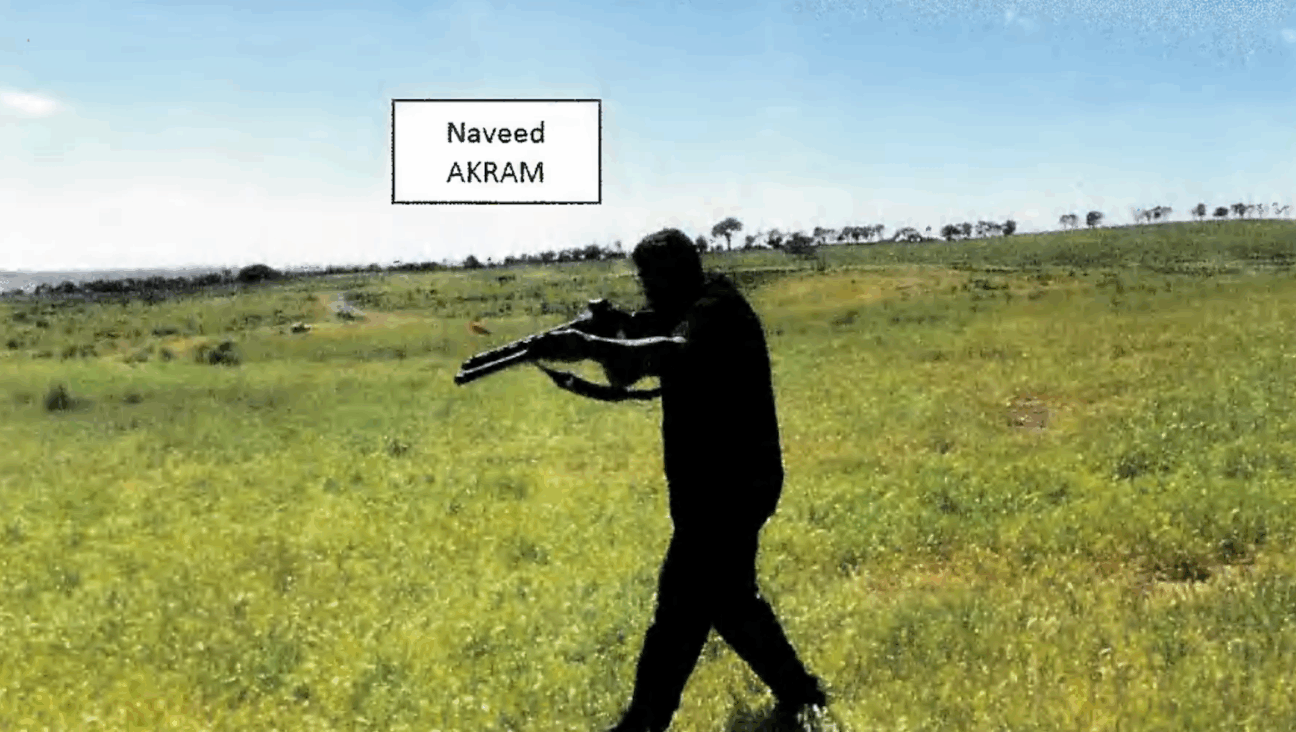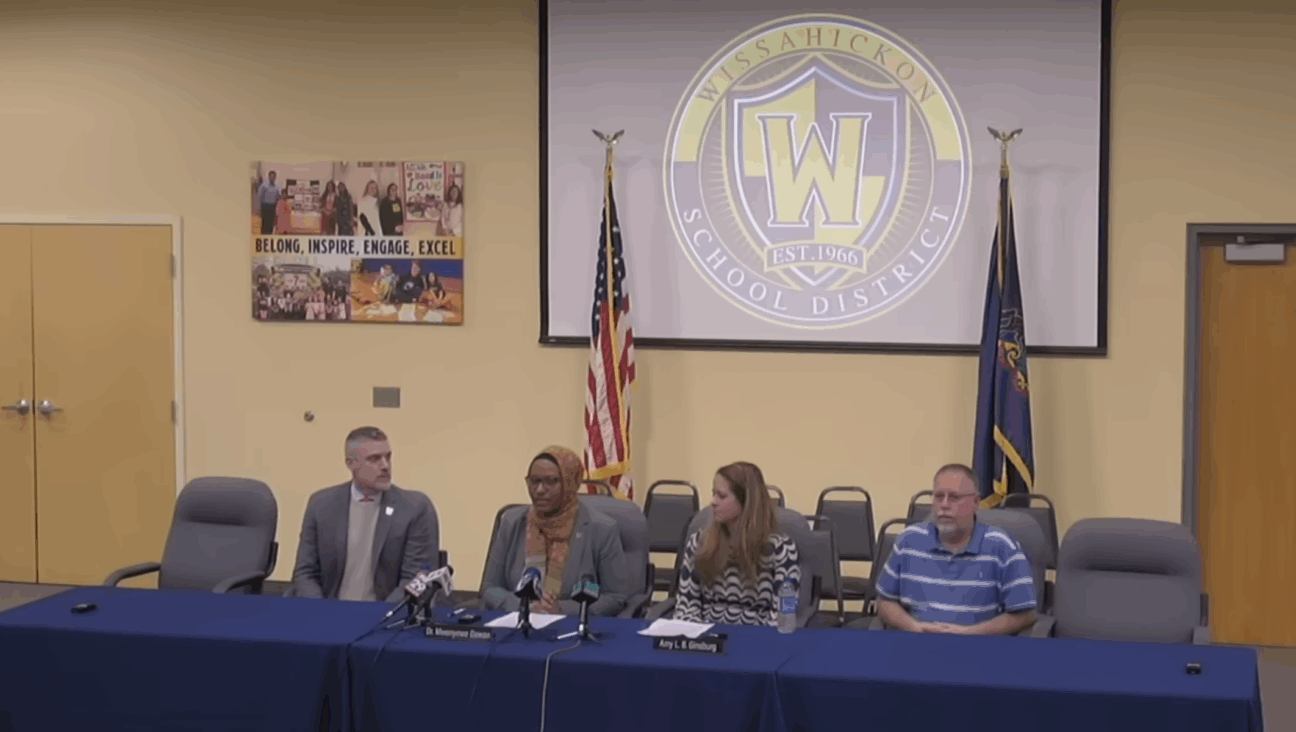Hamas Chief Ends Gaza Visit With Call for Palestinian Unity
Hamas leader Khaled Meshaal ended his first visit to the Gaza Strip on Monday with a pledge his Islamist movement would strive to heal political rifts with Palestinian rivals who hold sway in the occupied West Bank.
His comments reinforced promises he and Palestinian President Mahmoud Abbas, leader of the rival Fatah movement, made to each other in a telephone conversation a month ago, to forge ahead with a stalled unity deal opposed by Israel.
During his four-day stay in Gaza, Meshaal had further angered Israel with vows to never recognise the Jewish state and seek to “free the land of Palestine inch by inch”, which Israel said it saw as vindicating its reluctance to yield occupied land for peace.
But in brief remarks before crossing back to Egypt from Gaza, Meshaal focused on internal Palestinian feuds.
“I entered Gaza carrying a great love for it and I exit with a greater love in my heart,” the 56-year-old Hamas leader, who lives in exile, said.
“From Gaza I have stressed the need for reconciliation, and I do so again. Gaza and the West Bank are two dear parts of the greater Palestinian homeland, and they need each other.”
Hamas has ruled the tiny Gaza Strip and its 1.7 million population since 2007, when it won a brief civil war with its secular rivals Fatah, which still controls the occupied West Bank. Israel had pulled troops and settlers out of Gaza in 2005.
The two main Palestinian factions have tried, often with little enthusiasm, to patch up their differences. Meshaal has vowed to push for the unity which is longed for by ordinary Palestinians.
IMPROVING TIES AFTER GAZA WAR
Aside from their quarrel over Gaza, the two Palestinian factions are also divided over Abbas’ peacemaking efforts with Israel, which Hamas opposes. But the talks with Israel have been frozen for two years, making it easier to sidestep that issue in order to reconcile.
Both parties also now hope to boost ties on the heels of an eight-day war with Israel last month that ended with a truce Hamas saw as a victory, and a Fatah-led initiative at the United Nations General Assembly, recognising Palestinian statehood.
Meshaal became Hamas’s chief leader in 2004 after Israel assassinated the group’s co-founders Sheikh Ahmed Yassin and Abdel-Aziz al-Rantissi. He himself had survived a 1997 Israeli assassination attempt in Jordan.
Hamas’s 1988 founding charter calls for the destruction of Israel and creation of a state in all of the area once covered by a British mandate to rule Palestine, before the creation of Israel in 1948.
Some Hamas leaders have suggested they would back a long-term truce with Israel along with the creation of a Palestinian state in land Israel captured in the 1967 Middle East war.
Meshaal, though, took a hardline approach in his Gaza visit.
“Today is Gaza. Tomorrow will be Ramallah and after that Jerusalem then Haifa and Jaffa,” he told a rally on Saturday. Ramallah is in the West Bank, while Haifa and Jaffa are a part of Israel, though with sizeable Arab populations.
On Sunday he said at the Gaza Islamic University, “we do not accept the two-state solution,” or Palestinian statehood alongside Israel.
Any push for Palestinian reconciliation would likely further anger Israel, already incensed at Meshaal’s combative statements in Gaza.
Netanyahu said on Sunday Meshaal’s statements in Gaza and Abbas’ lack of condemnation, showed the Palestinians “have no intention of compromising with us. They want to destroy our country.”
(Reporting by Nidal Almughrabi; Editing by Myra MacDonald)














